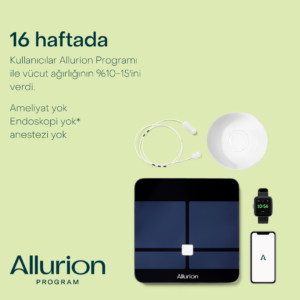Haemorrhoids are cushions consisting of normal vascular structures near the exit of the large intestine. The enlargement and symptoms of these structures that exist in every person are called haemorrhoidal disease (haemorrhoids). Normally, the blood that accumulates in the haemorrhoidal veins completely closes the anus (anus) and provides defecation control even if the person does not voluntarily contract the muscles that control the anus.
Why Hemorrhoidal Disease Occurs?
Constipation, excessive straining, pulp-free diet, low fluid consumption, prolonged standing, lifting heavy loads, familial predisposition to haemorrhoidal disease for the development of the world.
Classification
External and internal haemorrhoids are of 2 types.
External haemorrhoids appear as swollen lumps of veins on the outside of the anus, often with a purplish discolouration.
While external haemorrhoids are not staged, iç haemorrhoids are analysed in 4 stages.
Stage 1 is haemorrhoids that cause bleeding complaints without a prolapsing breast.
Stage 2 describes haemorrhoids that protrude during defecation and then spontaneously go inside.
Stage 3, the breast hanging out with straining can only be pushed in by the patient.
In stage 4, haemorrhoids are always outside, they do not go inside.
What are the symptoms of haemorrhoids (haemorrhoids)?
Bleeding is usually the first symptom. After defecation palpable swelling, feeling of wetness and discharge, pain, itching are the most common complaints.
How is it diagnosed?
Detailed patient assessment and manual examination is sufficient for diagnosis. If there are examination findings that do not overlap with the complaints, large bowel examination tests such as rectoscopy and colonoscopy should be performed in terms of possible underlying bowel diseases.
What are the Treatment Options for Hemorrhoids?
In the majority of patients, nutrition, adjustment of defecation habits, appropriate fibre supplementation, Treatment is possible with a combination of oral medication and local cream and wick treatments.
In cases where treatment is inadequate non-surgical methods is applied. In patients for whom these methods are not suitable surgery treatments are recommended.
Benign anorectal diseases (rectal diseases) are treated by General Surgery Specialists. General Surgeons who are specially interested in this subject are proctologist or colorectal surgeon is referred to as.
Op.Dr.Gülden Ballı female patients She has seen the difficulties experienced in rectal diseases (female haemorrhoids, rectal crack, perianal fistula) and has been working on this subject for 15 years. As a lady doctor, In female rectal crack disease, it applies treatment by taking care of your privacy.
You may also be interested in
Non-Surgical Hemorrhoids (Haemorrhoids) Treatment
Ingrown Hair (Pilonidal Sinus)



2 Comments
A-S
July 7, 2021Hello Mrs Gülden I feel pain when I sit in the size of a lentil grain around the outer circumference of my anus. I wonder if I should come to you for treatment or I do not know who to go to who is looking at another department. If you have a special examination situation, if you have, I can get information from you. my phone number is **************** and I can get information from you as wassap or message Do I examine you as a man.
Op. Dr. Gülden Ballı
July 7, 2021Hello, we will contact you regarding the complaints you have described. You can reach my assistant on 0 (546) 4328384, get information and make an appointment. See you soon...